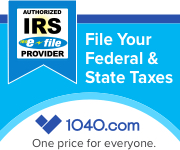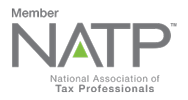
Many taxpayers may have collectively breathed a sigh of relief on July 16, but anyone selling big-ticket items between now and the end of 2020 will still need to report large cash transactions. The Internal Revenue Service says these reports can be batch e-filed, which should make life a little easier for the car dealerships and real estate agents who are likely to be affected by the requirement.
“Although businesses have the option of filing Form 8300, Report of Cash Payments Over $10,000, on paper, many have already found the free and secure e-filing system is a more convenient and cost-effective way to meet the reporting deadline,” the IRS says. “The form is due 15 days after a transaction, and there’s no charge for the e-file option.”
The IRS notes that those who previously relied on paper forms will first need to create an account with the FinCEN BSA E-Filing System before being able to e-file Form 8300, highlighting available support lines in the announcement:
- Phone: 866-346-9478 (Monday-Friday, 8:00 a.m. – 6:00 p.m. EST)
- Email: bsaefilinghelp@fincen.gov
In addition to the added convenience, the IRS explains that reporting these cash transactions helps combat financial crimes, like tax evasion and money laundering.
How does the IRS define cash transactions for the purposes of Form 8300?
In FS-2020-11, the IRS defines cash as “coins and currency of the United States or any foreign country” and “cash equivalents that include cashier’s checks (sometimes called a treasurer’s check or bank check), bank drafts, traveler’s checks, or money orders.”
When a payment is made with multiple forms of cash, transaction will still need to be reported if the sum reaches the $10,000 threshold, is made within a 24-hour period, and is “part of a single transaction or two or more related transactions within a 12-month period.”
Here are some of the transactions specifically listed:
- Automobiles
- Jewelry
- Mobile homes
- Furniture
- Collectibles
The IRS says you should file a Form 8300 if you “[know] the person is trying to avoid the reporting requirement.”
Source: IR-2020-168; FS-2020-11

 AdamsTax Service Online
AdamsTax Service Online

